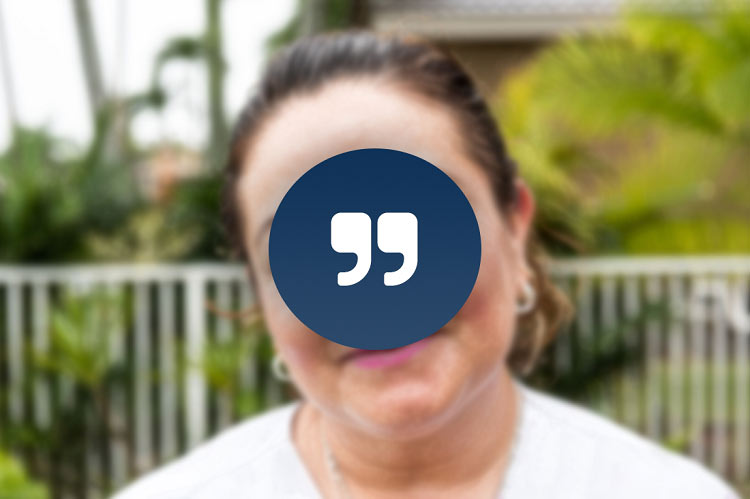Martina Maldonado
How we helped Martina get her U Visa
Like many immigrants, Martina Maldonado left El Salvador for to the US looking for a better life for herself and her two young children, Angel and Laura.
The three were apprehended by immigration near the US-Mexico border and were transported to an immigration facility in Pennsylvania. They were released, but were advised they would need to present themselves for removal proceedings.
In the meantime, Martina and her children made their way back to Texas, settling in Lewisville. She contacted our lawyers in 2013 to try to keep her and her children from being deported.
As always, our team of lawyers began by digging Martina’s history to find elements of her story that might help their case.
Our lawyers soon learned that after arriving in the US, Martina had been in an abusive relationship. She had even filed a police report against her former partner, who was charged with aggravated assault with a deadly weapon. Martina refused to drop the charges against him.
In immigration terms, this terrible story was a ray of hope.
The immigrant community is particularly vulnerable to serious crimes, but ofen do not report them due to mistrust of police or fear of deportation. Recognizing this, Congress created a visa meant to protect immigrant crime victims and encourage them to cooperate with law enforcement officials to help apprehend criminals.
This visa, know as the U Visa, grants immigrant crime the right to legally live and work in the US, and eventually apply for a green card, provided they have cooperated with law enforcement agents. The visa extends rights to immediate family members, and requires a certification signed by law enforcement to apply.

“The purpose of the U Visa is to incentivize undocumented people, who normally live in the shadows, to come forward and seek the help of police,” explained Vinesh Patel, the head lawyer on Martina’s case. “It builds trust between the immigrant community and law enforcement.”
Our team immediately entered in contact with the Lewisville Police Department to see if they would be willing to sign the certification stating that Martina was indeed the victim of domestic violence and that she was cooperative in the criminal investigation.
Unfortunately, the Lewisville Police Department didn’t know what the U Visa, so we had to start from scratch. Our team explained what the visa was, why it was created and its benefits to law enforcement for apprehending criminals.
“If there was no U visa, and you’re afraid of being deported if you talk at all the police, then all you can do is suffer silently,” said Mr. Patel. “The U visa is a win-win for immigrants and law enforcement, and it’s critical for providing justice. We took the time to explain the benefits to the Lewisville Police, so that’d they’d see the value in supporting U Visa certifications like Martina’s.”
Eventually, the police department signed the certification, making Martina eligible for a U visa.
Martina may have had her visa eligibility, but she still had a deportation order to sort out. Our lawyers represented Martina and her children in the Dallas Immigration Court, where they argued to cancel the removal proceedings for the whole family due to Martina’s eligibility for a U Visa. The conservative Dallas immigration judge agreed, and completely dismissed the deportation charge in the summer of 2014.
Within two years of being nearly deported from the US, Martina and her children were living legally in Texas as U visa recipients. Less than a year from now, they will be eligible to apply for permanent residency.






